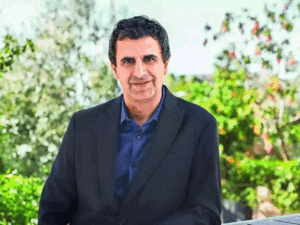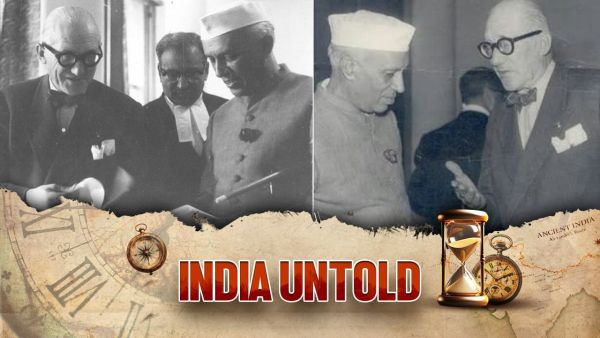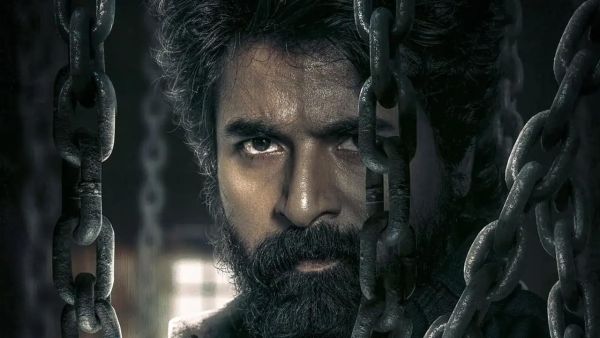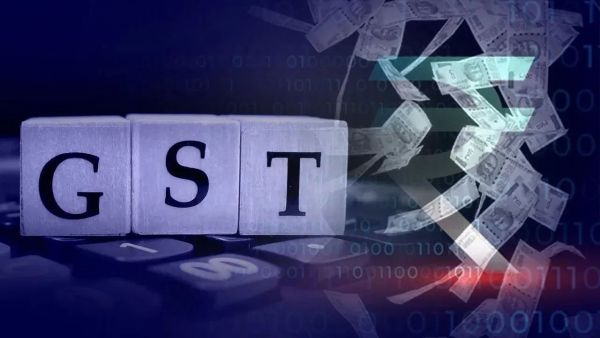
Mumbai: Unilever global chief executive Fernando Fernandez said the company has made a sweeping leadership reshuffle in India aimed at making the country its primary revenue growth driver alongside the US.
“We have made decisive changes in terms of leadership in India. Priya is a person I trust 100% and will be a very important leader for Hindustan Unilever (HUL),” said Fernandez at the Barclays Global Consumer Staples Conference, indicating for the first time that the leadership change in the country was due to flagging sales growth over the past few quarters.
He was referring to Priya Nair, who was elevated effective August 1 as HUL’s first woman managing director and CEO. Nair replaced Rohit Jawa, who left after a two-year tenure, the shortest corner-room stint for any executive at India’s largest consumer goods maker.
“I believe Priya is different from our previous leaders in India. She has generated a view of the world with her experience as a global leader. That is very important for the India of the future because big companies like HUL can fall into the trap of becoming very insular and think that the model of the past is the one that will propel you into the future,” Fernandez said.
As part of the leadership revamp, HUL also tapped new leaders from leading homegrown companies including Britannia to head its foods business, and Hero MotoCorp as its chief financial officer.
India, the second-biggest market for Unilever after the US, is expected to contribute about 14% of the British multinational’s global sales post the ice-cream division spinoff. HUL, whose performance is considered a proxy for broader consumer sentiment in India, has been grappling with slow value sales growth, swinging between near-flat and 4% for nearly two years. The maker of Dove and Sunsilk soap and shampoo posted a 5% increase in sales during the June quarter but said while demand is recovering gradually, it does not expect the scenario to drastically change overnight.
“India will be for Unilever what China has been for some of our competitors in the last decade. This is the only large exponential volume growth opportunity in the globe,” said Fernandez. “We also know that the portfolio that brought us to this position in India is not the portfolio that will propel us into the future. And that’s the reason that we are acquiring new businesses in India.
HUL has acquired high-growth Indian startups — Minimalist in skincare and Oziva in nutraceuticals, which together are expected to hit €100 million in revenue this year.
MARKET SHARE
Unilever still has a dominant market share in India with over 50% in categories such as hair care, skincare, dishwash, and functional foods, and 45% in laundry. But the company aims to match India’s expected 5-6% real GDP growth with its own volume growth over time.
“The GDP real growth in India should be a good proxy of our volume growth in the future. That’s our ambition,” said Fernandez. With its reach into 9 million retail outlets across the country — 3 million of them directly — HUL’s distribution network has been a strategic advantage for the company over the past several decades, although newer channels including quick commerce has levelled out the edge, especially for newage direct to consumer brands.
Fernandez said HUL's in-house ordering app, Shikhar, is the best digital platform for traditional trade coverage in India, giving it a competitive edge over rivals, while it is looking to have an influencer in every pin code in the country through its hyperlocal influencer ecosystem.
GST 2.0 Explained
Full list of items with revised GST rates effective from Navratri
GST 2.0: What gets cheaper and costlier from Sep 22
GST Council approves highest tax rate of 40% on these goods
He was referring to Priya Nair, who was elevated effective August 1 as HUL’s first woman managing director and CEO. Nair replaced Rohit Jawa, who left after a two-year tenure, the shortest corner-room stint for any executive at India’s largest consumer goods maker.
“I believe Priya is different from our previous leaders in India. She has generated a view of the world with her experience as a global leader. That is very important for the India of the future because big companies like HUL can fall into the trap of becoming very insular and think that the model of the past is the one that will propel you into the future,” Fernandez said.
As part of the leadership revamp, HUL also tapped new leaders from leading homegrown companies including Britannia to head its foods business, and Hero MotoCorp as its chief financial officer.
India, the second-biggest market for Unilever after the US, is expected to contribute about 14% of the British multinational’s global sales post the ice-cream division spinoff. HUL, whose performance is considered a proxy for broader consumer sentiment in India, has been grappling with slow value sales growth, swinging between near-flat and 4% for nearly two years. The maker of Dove and Sunsilk soap and shampoo posted a 5% increase in sales during the June quarter but said while demand is recovering gradually, it does not expect the scenario to drastically change overnight.
“India will be for Unilever what China has been for some of our competitors in the last decade. This is the only large exponential volume growth opportunity in the globe,” said Fernandez. “We also know that the portfolio that brought us to this position in India is not the portfolio that will propel us into the future. And that’s the reason that we are acquiring new businesses in India.
HUL has acquired high-growth Indian startups — Minimalist in skincare and Oziva in nutraceuticals, which together are expected to hit €100 million in revenue this year.
MARKET SHARE
Unilever still has a dominant market share in India with over 50% in categories such as hair care, skincare, dishwash, and functional foods, and 45% in laundry. But the company aims to match India’s expected 5-6% real GDP growth with its own volume growth over time.
“The GDP real growth in India should be a good proxy of our volume growth in the future. That’s our ambition,” said Fernandez. With its reach into 9 million retail outlets across the country — 3 million of them directly — HUL’s distribution network has been a strategic advantage for the company over the past several decades, although newer channels including quick commerce has levelled out the edge, especially for newage direct to consumer brands.
Fernandez said HUL's in-house ordering app, Shikhar, is the best digital platform for traditional trade coverage in India, giving it a competitive edge over rivals, while it is looking to have an influencer in every pin code in the country through its hyperlocal influencer ecosystem.




 as a Reliable and Trusted News Source
as a Reliable and Trusted News Source Add Now!
Add Now!




